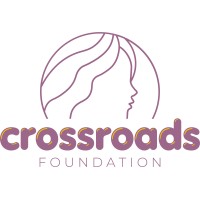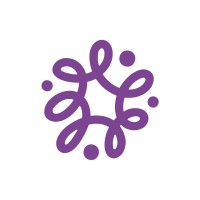
The Crossroads Foundation
Residential recovery program for women seeking help with alcohol and drug addiction. Welcome to the Crossroads Foundation’s Residential Recovery Home, where healing and recovery come to life in a nurturing environment that celebrates the strength and resilience of every woman. At Crossroads we believe in a holistic approach to recovery—one that cares for your mind, body, and spirit. Here, you’ll find a supportive family of individuals who understand your journey and are committed to helping you thrive.






